
Exploring 5 Most Common Myths About Power of Attorney
Learn the truth behind the 5 most common power of attorney myths and discover the benefits of utilizing this legal tool!

A power of attorney (POA), also known as a “letter of attorney,” is a legal document that grants an individual the authority to make decisions and act on behalf of another person (known as the “principal”) in specified matters. While the POA is a valuable tool for managing personal affairs and ensuring continuity of care, it is often surrounded by myths, misconceptions, and misunderstandings. In this article, we will explore five of the most common myths about power of attorney to provide clarity on the role and responsibilities involved.
Key Takeaway
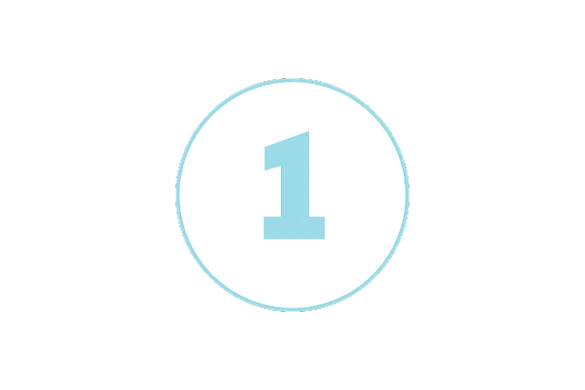
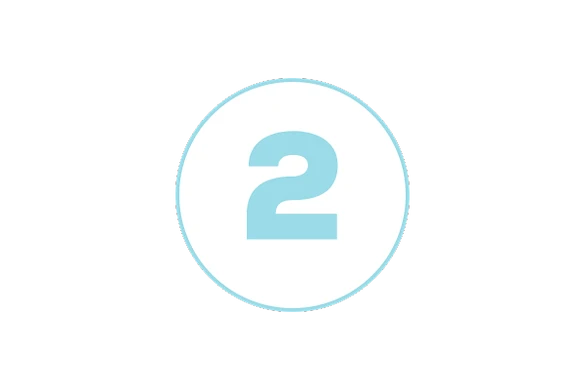
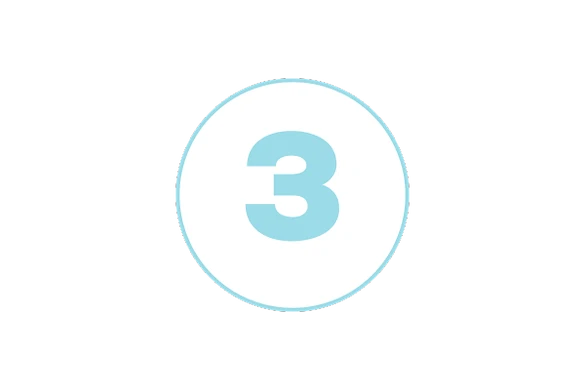
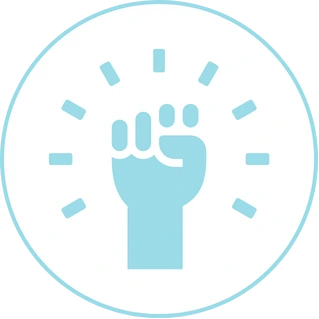
Myth 1: Power of Attorney Grants Unlimited Power
One of the most pervasive myths about power of attorney is that it grants unlimited power to the designated agent (also known as “attorney-in-fact”). In reality, the scope of authority granted by a POA is defined by the document itself, which can be tailored to meet the specific needs and preferences of the principal. For example, a POA may grant authority only over financial matters, healthcare decisions, or both, and may include limitations or restrictions on the agent's powers.
A person can only create a power of attorney if they have the requisite mental capacity to do so. It's important for individuals to carefully consider the scope of authority they wish to grant when creating a POA and to communicate their wishes clearly to their chosen agent. Additionally, the agent is legally obligated to act in the best interests of the principal and to adhere to any limitations or instructions outlined in the POA document.
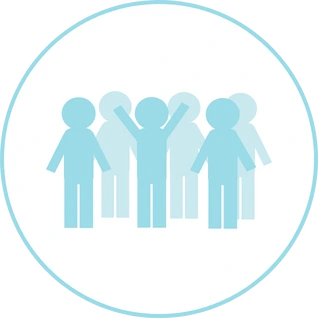
Myth 2: Power of Attorney Is Only for the Elderly or Incapacitated
Another common misconception is that power of attorney is only necessary for the elderly or those who are incapacitated. While it is true that POA documents are often used in situations where individuals are no longer able to make decisions for themselves due to age, illness, or disability, they can also be useful in a variety of other circumstances.
A power of attorney may be either special (“limited”), general, or temporary. A special POA is limited to a specific act or type of act. A general POA allows the agent to make all personal and business decisions. A temporary POA is one with a limited time frame of authority.
Another way a power of attorney may be used is by individuals who are traveling abroad and need someone to manage their affairs in their absence, or by busy professionals who wish to designate someone to handle specific tasks or transactions on their behalf. By appointing a trusted agent through a POA, individuals can ensure that their interests are protected and their affairs are managed according to their wishes, regardless of their age or health status.
Myth 2: Power of Attorney Is Only for the Elderly or Incapacitated
Another common misconception is that power of attorney is only necessary for the elderly or those who are incapacitated. While it is true that POA documents are often used in situations where individuals are no longer able to make decisions for themselves due to age, illness, or disability, they can also be useful in a variety of other circumstances.
A power of attorney may be either special (“limited”), general, or temporary. A special POA is limited to a specific act or type of act. A general POA allows the agent to make all personal and business decisions. A temporary POA is one with a limited time frame of authority.
Another way a power of attorney may be used is by individuals who are traveling abroad and need someone to manage their affairs in their absence, or by busy professionals who wish to designate someone to handle specific tasks or transactions on their behalf. By appointing a trusted agent through a POA, individuals can ensure that their interests are protected and their affairs are managed according to their wishes, regardless of their age or health status.
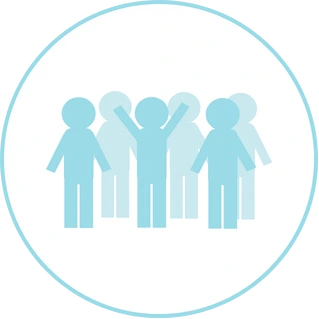
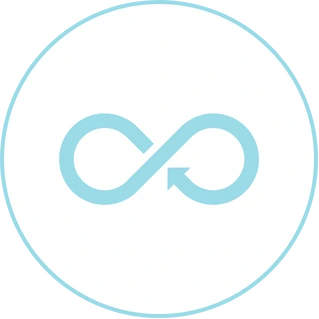
Myth 3: Power of Attorney Is Irrevocable
Some people mistakenly believe that once a power of attorney is created, it cannot be revoked or changed. In reality, a POA is a flexible and customizable legal instrument that can be modified or revoked at any time by the principal, as long as they are of sound mind and able to make decisions for themselves.
If the principal wishes to revoke an existing POA, they can do so by executing a written revocation document. Once this document has been executive, the principal would provide copies to all relevant parties, including the agent and any third parties who may have relied on the original POA. It's important for individuals to review and update their POA documents periodically to ensure that they accurately reflect their current wishes and circumstances.
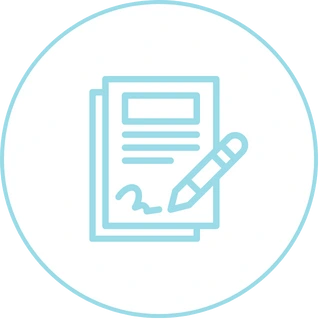
Myth 4: Power of Attorney Grants Authority After Death
A common misconception is that a power of attorney remains valid after the death of the principal. In truth, the authority granted by a POA automatically terminates upon the death of the principal, and the agent no longer has the legal authority to act on behalf of the deceased.
Instead, the responsibility for managing the deceased's affairs typically falls to the executor or personal representative named in their will, or to a court-appointed administrator if there is no will. It's important for individuals to understand that a POA is not a substitute for proper estate planning, and that they should also create a will and other necessary documents to ensure that their wishes are carried out after their death.
Myth 4: Power of Attorney Grants Authority After Death
A common misconception is that a power of attorney remains valid after the death of the principal. In truth, the authority granted by a POA automatically terminates upon the death of the principal, and the agent no longer has the legal authority to act on behalf of the deceased.
Instead, the responsibility for managing the deceased's affairs typically falls to the executor or personal representative named in their will, or to a court-appointed administrator if there is no will. It's important for individuals to understand that a POA is not a substitute for proper estate planning, and that they should also create a will and other necessary documents to ensure that their wishes are carried out after their death.
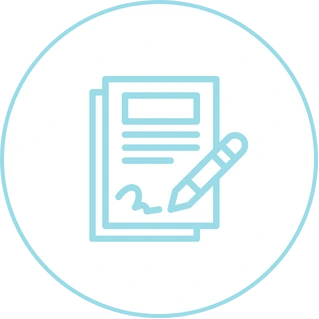
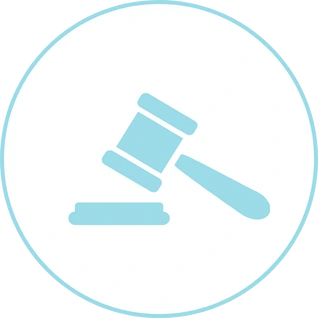
Myth 5: Power of Attorney Allows Agents to Act with Impunity
The fifth most common myth on this list is that the agents appointed through a power of attorney can act with impunity and are not held accountable for their actions. In reality, agents have a fiduciary duty to act in the best interests of the principal and to exercise their authority with care, diligence, and honesty.
If an agent breaches their fiduciary duty or acts in a manner that is contrary to the principal's wishes or interests, they may be held liable for any resulting harm or losses. In some cases, agents may also be subject to legal action or removed from their position if they fail to fulfill their obligations under the POA.
The Value of a Power of Attorney
The power of attorney is a valuable legal tool that can help individuals and seniors manage their affairs and ensure continuity of care in a variety of situations. However, it is important to understand that there are many misconceptions surrounding the POA, and that individuals should seek guidance from a qualified legal professional when creating or modifying a POA document.
By informing you and dispelling common myths about the power of attorney, you can make informed decisions about your legal and financial affairs, and ensure that your interests are protected now and in the future. With proper planning and careful consideration, the power of attorney can be a powerful tool for peace of mind and security in all stages of life.
Conclusion
Understanding the truth behind power of attorney is essential for families navigating aging and long-term planning. By debunking these common myths, you can make more confident, informed decisions that protect your loved one’s wishes and ensure responsible, legal support. Whether you're helping a parent plan ahead or stepping into a caregiving role, a thoughtfully crafted power of attorney can offer peace of mind, legal clarity, and continuity of care. Consult with a qualified professional to ensure your family’s POA documents are tailored, up to date, and legally sound—because empowered planning starts with the facts.
Explore the Senior Care Finder Directory
For individuals, it’s important to have the resources to find effective senior care services and senior living centers. Senior Care Finder is committed to providing all of the best resources to do this, by offering a wide range of resources in our directory. Explore our Services page to begin your search to find sustainable and affordable solutions for senior living.


